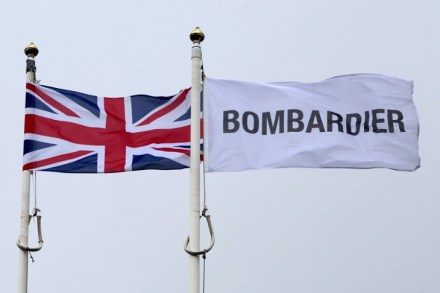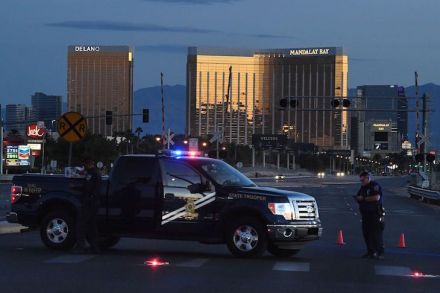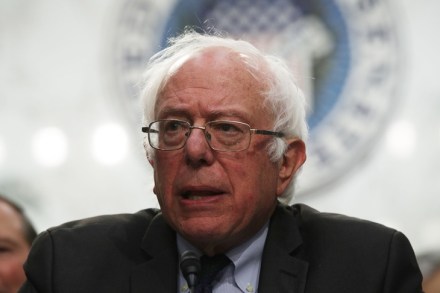The Democrats are on course to be Corbynised
Donald Trump’s approval ratings have dropped in every single state. He has failed to repeal Obamacare, build a wall or move the US embassy in Israel to Jerusalem. Trump has also lost his chief strategist, chief of staff, deputy chief of staff, four communications aides, three security advisers, an FBI director, a US attorney, a cabinet secretary, and his ethics director. After the torch-lit rally in Charlottesville, he managed to stick up for white nationalists, distance himself from them, and stick up for them again in the space of 48 hours. So what all-conquering, gravity-defying, poll-shifting political machine could possibly get this president re-elected? Step forward, the Democrats. The New York




















